Guest post by Fatima Abdulaziz Sule, Olayinka Ayo, Safiya Aliyu, Pamela Chukwumeka and Ijeoma Ezika, 2018 fellows of Nigeria
Editor’s note: The 2018 fellows of Nigeria were one of five country cohorts to receive a $3,000 seed grant to support the implementation of their action plan that was developed during the 2018 TechWomen program. In addition to mentorship and cultural activities, TechWomen participants collaboratively work to develop an action plan to address a socioeconomic issue in their community alongside Impact Coaches.
The situation
In 2015, it was estimated that roughly 303,000 women died during and following pregnancy and childbirth worldwide. Nigeria alone had approximately 58,000 maternal deaths, accounting for 19% globally. The direct causes of these maternal deaths include excessive bleeding, unsafe abortion and infection. Underlying causes like poor health education and access to healthcare providers and health facilities also play a large role in maternal deaths. Furthermore, some children who are born do not survive infancy. Many of these deaths are preventable with adequate care and appropriate education.
The solution
Around the world, health education related to birth preparedness and postnatal care has been employed to reduce maternal deaths. The aim of our social impact project MAAMI (Mobile Aide Against Maternal and Infants deaths) is to use mobile technology to provide health education to pregnant women through text messages and voice calls (IVR) without charge.
In Nigeria, basic mobile phones are ubiquitous, regardless of class. Our objective is to leverage basic mobile phone technology to provide health literacy in Nigerian languages, hence overcoming issues around the English language barrier and internet access for underserved communities. Through this program, we expect to build knowledge about:
- Birth preparedness and danger signs in pregnancy
- Infant immunization and nutrition
- Family planning and additional issues spanning from pregnancy to postpartum
As we began planning for our initiative, one of our goals was to build upon and learn from similar programs and existing resources. After some research, we established relationships with programs that were already implementing similar interventions in India, South Africa and Nigeria. In Nigeria, the USAID-funded project HelloMama was wrapping up implementation and agreed to give MAAMI already-tested health literacy messages in two Nigerian languages. It was a great asset for our young project to be able to leverage these resources from our community partners.
Funding a dream and bringing MAAMI to life
Along with our TechWomen Impact Coaches Saura Naim, Caitlin Doyle and Meg Gordon, we wanted MAAMI to blossom like the healthy mothers and infants we envisaged. As we looked into a funding model for our project, there were several considerations. Though we knew that securing funding could be a lengthy and difficult procedure, we were determined. Thus, in addition to the TechWomen seed grant, we set out to look for resources to make MAAMI come to life. Just a few days after we returned home from TechWomen, we received a donation from a Nigerian philanthropist to add to the coffers! Our donor’s underlying message was, “’I believe in you and will support you.” It was a huge encouragement.
Where we are today
The goal of MAAMI is to provide 500 women with health education. Currently, we have 286 registered women on our platform, which is using Africa’s Talking to push health education via text.
We will measure the impact of our project based on metrics like number of beneficiaries enrolled, adoption rates, knowledge of pregnancy danger signs and changes in health seeking attitudes, as well as antenatal clinics attendance.
As declared by Hillary Clinton, “Women’s health is a human right.” We believe that every mother deserves access to timely health information. Undeniably, maternal and infant deaths are preventable, and there is a concerted global effort to prevent them. We are optimistic that MAAMI will be an accelerator and move the needle towards achieving that common global vision.

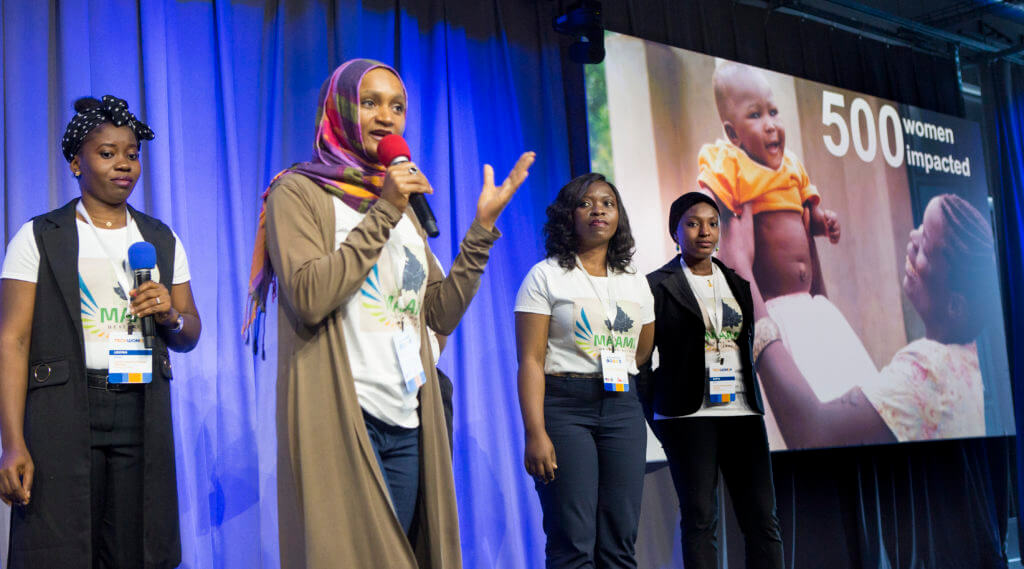
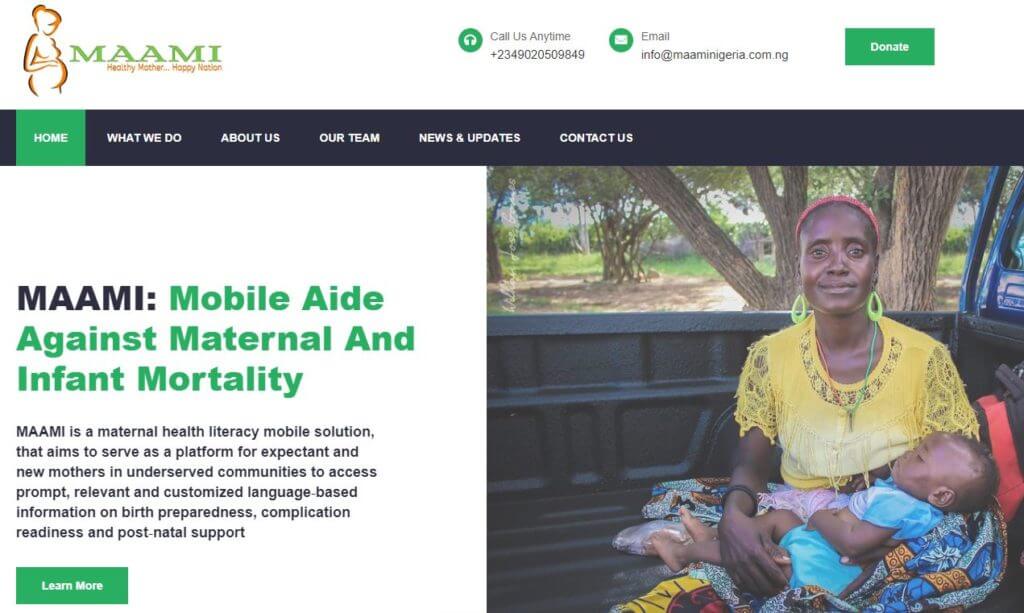
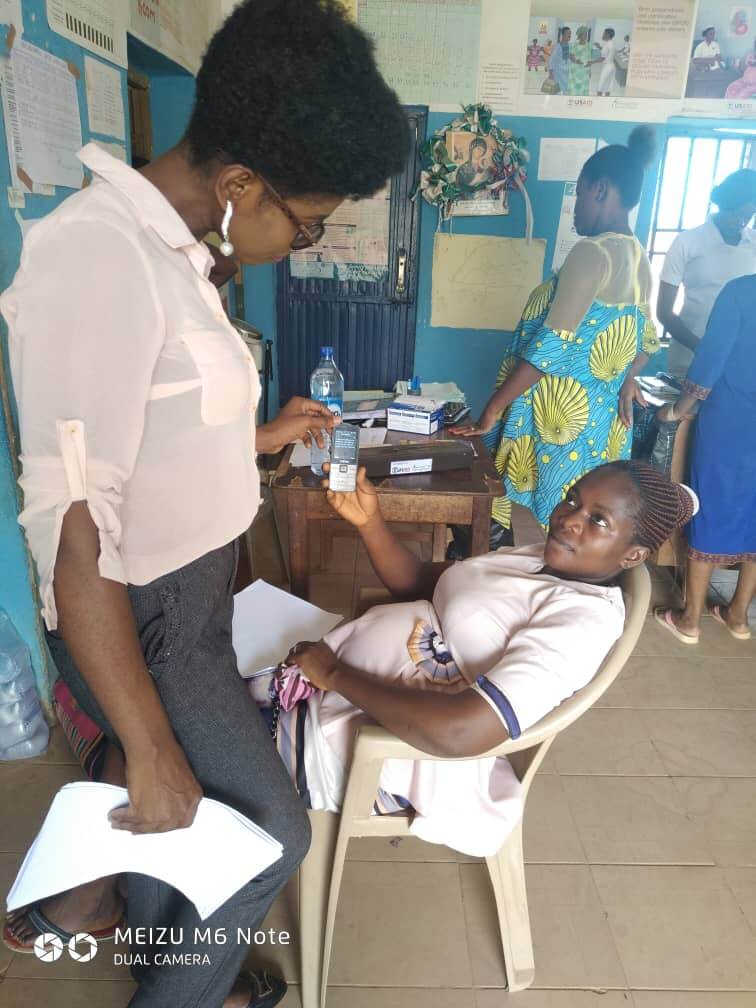
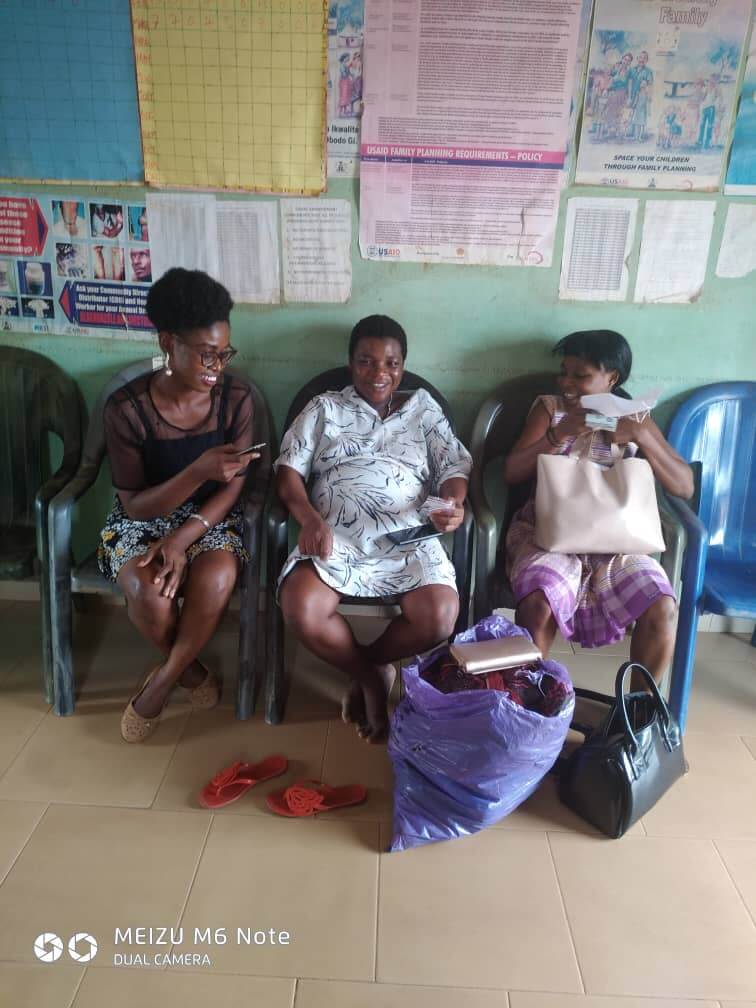
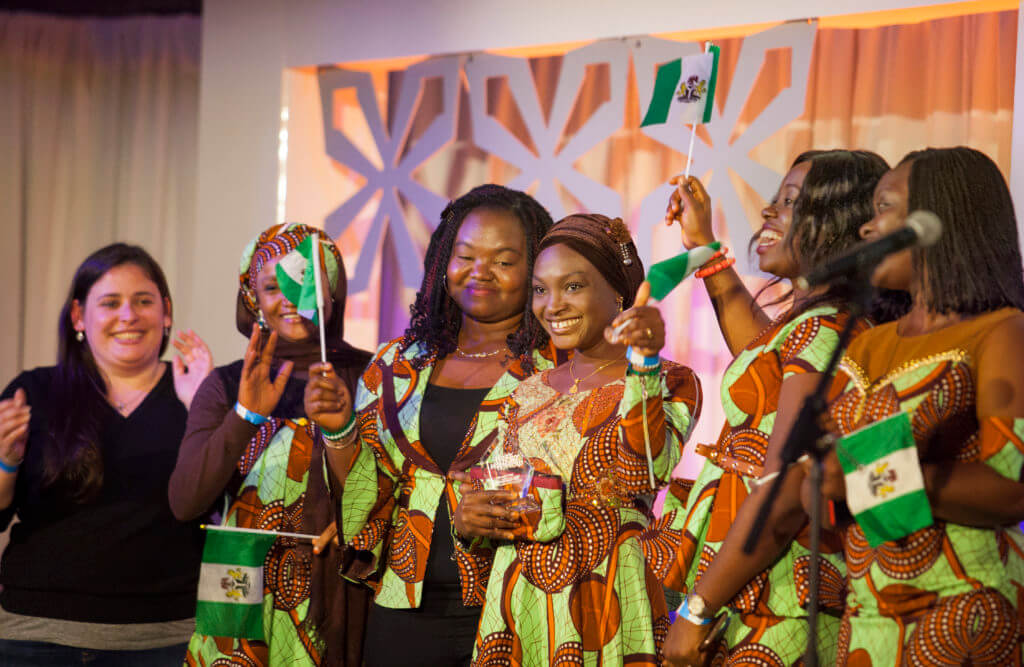

Speak Your Mind